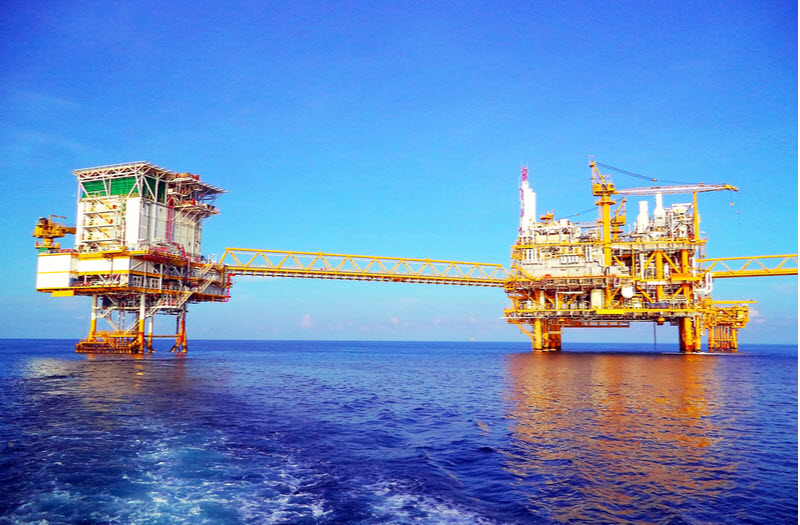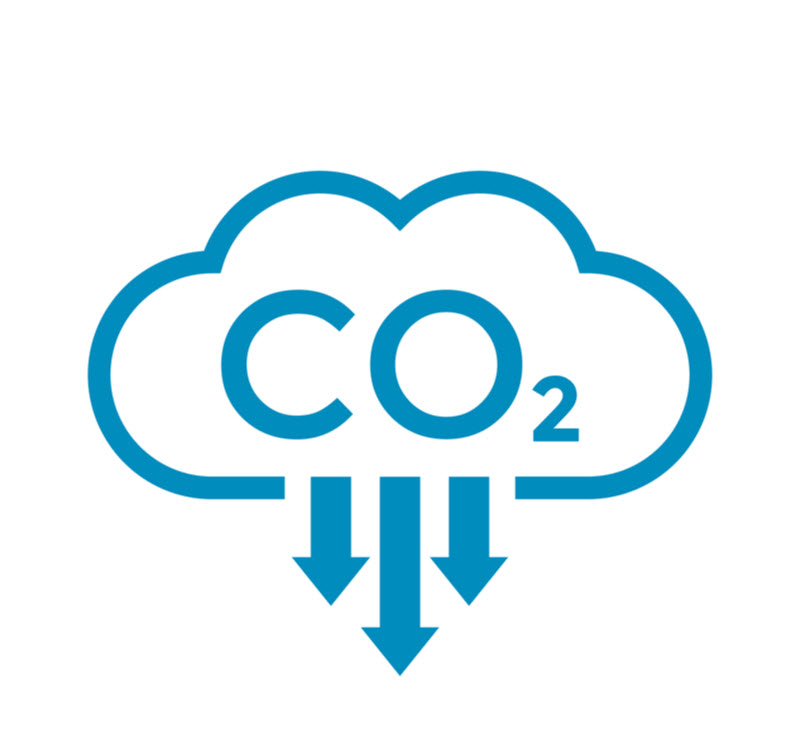
Carbon capture and storage (CCS), one of the big four technologies in the planet’s fight to eradicate carbon emissions, was first applied way back in 1996. Norwegian global energy supplier Equinor is one of the world’s leading energy companies and well advanced in transforming its energy operations to renewables, including carbon capture and storage.
The company has been successfully applying CCS technology at its Norwegian offshore Sleipner Field in the North Sea for the past 25 years with outstanding results. Faced with a natural gas extraction that was too high in CO2 to be commercially released to the market, the company needed to find an environmentally sustainable solution.
Releasing the carbon into the atmosphere would have effectively increased Norway’s carbon emissions by a whopping 3%. The resulting carbon emission tax and public relations catastrophe meant this option was untenable.
After an exhaustive discovery process, it was decided that carbon capture and storage was the only technology that could resolve this very complex problem. The company made the ambitious decision to implement CCS and began injection in 1996, making it the first de-carbonisation well and non-EOR storage of CO2. It is also the world’s first offshore CO2 injection project and is considered the most successful.
Early on in the design phase of the Sliepner project the Utsira formation was identified as a favourable candidate for the injection and permanent storage of greenhouse gases. The Utsira formation is a high permeability, high porosity sandstone making it an ideal injection candidate. Overlaid by the Hordaland Shale this would provide an impermeable trapping mechanism to ensure the injected CO2 would remain in place indefinitely. Its shallow depth, at approximately 800m below seabed, resulted in reduced well and facilities costs meanwhile its large lateral extent has provided ample storage volume. To ensure the long term storage potential and to minimise the risks of reservoir damage from the remainder of the Sliepner production wells penetrating the Utsira formation the injection point had to be sufficiently far away from these wells. Geophysical and reservoir engineering studies confirmed this distance to be at least 3km
“Equinor is decarbonising our oil and gas production, growing within wind and solar, and developing low-carbon solutions such as hydrogen and CCS on an industrial scale.” https://www.equinor.com/en/what-we-do/renewables.html

CCS is part of the full suite of carbon emission technologies
As highly regarded as solar, wind and hydro technologies are, as the best alternatives to replace fossil fuels, they cannot extract CO2 from the atmosphere and store CO2 from existing energy sources such as oil and gas.
Equinor has proven that CCS is a highly viable option in combating CO2 atmospheric emissions. Combining CCS with the other big three – solar, wind and hydro – enables large energy providers to maintain their core business whilst transitioning to renewables and further investing into green technologies.
Replacing carbon emitting fossil fuels is a big step; however, we still have too much carbon in the atmosphere and will still need to rely on fossil fuels for a number of decades yet. Employing CCS technologies now does two things:
- CCS is the only technology that extracts existing CO2 from the atmosphere, enabling businesses to begin the way forward to net zero and negative emission targets in a faster and more flexible model.
- CCS works hand in hand with the other renewables. Whilst business is focused on the green space, without CCS the full suite of activity is compromised. To ensure we reach the goals of the Paris Agreement by 2050, CCS must be part of the broad solution.
It is projects such as Sleipner Field in the North Sea that provide the evidence of the successful application of CCS and what can be done by forward thinking and committed energy businesses. The science and learning from this project are measurable and provide a workable solution-based template for other energy companies to follow.
Now is the time to learn more about CCS and how this developed technology is aiding the world’s CO2 crisis without compromising our fragile atmospheric environment or our natural world.
CCS Energy is committed to forging your path toward net zero emissions. Our expertise can help clients set realistic targets and tap into additional asset value through carbon offset mechanisms available through various global emission trading schemes. Our team members are CSS experts and well engineers, passionate about identifying efficient and cost-effective transition technology to capture and store carbon, and reduce your operation’s carbon footprint.
With years of technical experience in the petroleum industry, we can provide all aspects of technical design, project management and regulatory administration.
When your business is ready to do its part in reducing its carbon emissions footprint, give our team a call. We only offer the very best solutions and technical expertise.



